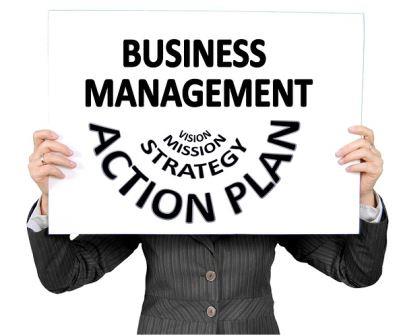In business, especially small business, there is usually a bit of a battle being waged between sales and consulting.
Are you a sales person? Or are you a consultant? My guess is that you are doing a bit of both, depending on the hat you are wearing.
Let’s face it; both of these labels have both positive and negative implications. Sales is often associated with certain behaviors that can be seen as less than savory. And people often suggest that people who can’t do anything else consult.
So let’s break down the myths.
Sales is something we all do. It is an activity that everyone engages in, whether consciously or subconsciously. We sell ourselves to potential landlords, bosses, coworkers… and to romantic prospects too! We want to accentuate our positive points and make ourselves memorable in the eyes of others.
When applied to business, sales focuses on three main points. The 3 P’s of sales are:
- Products
- Pricing
- Performance
These three things are the main issues prospects and clients are interested in when making a purchasing decision. They want to know what products you have and how they will benefit them; they want to know how much the product will cost them; and they want to know how reliable the product is and if it will serve them well for a long time to come.
These factors are key elements that differentiates sales from consulting.
Consulting also has 3 P’s. They are:
- Philosophy
- Planning
- Process.
And these 3 P’s of consulting are no less important to a prospect or client than the 3 P’s of sales.
A consultant’s role is to assist their client in understanding the philosophy behind their goals. What is it that drives them? What is at the core of what they wish to achieve? Once this has been determined, it is time to create the strategy to help attain these goals. And, finally, what is the process that will be undertaken to deliver the strategy that will achieve their objectives?
As you can see, although these two business functions are not interchangeable, they are related. For a sales program to be effective, the consulting phase must have been considered. Understanding the primary goal of your business, what drives and inspires you to do what you do, is the first step that should always be examined. Next, you must develop a strategy that will define how you will achieve your goals. And, finally, you will need to follow a process, a predictable and methodical approach, which will get you where you want to go.
Once the consultation steps have been completed, it is time to implement the sales strategy. Sales is about delivering the process. By now, you will understand what your product is, how to price it to deliver value to your client and profit to yourself, and how well it will perform compared to competing products or services.
Some people are born salespeople. They can sell the proverbial “icebox to Eskimos”. They are people of action, and take immense pride in their abilities and get great satisfaction from their achievements.
Others are better at planning and development. They see the development of strategies and processes as a challenge and love examining the various elements of creating the campaign.
There is no right or wrong, or better or worse, to either of these roles. But it is important to examine both and see which is more applicable to yourself. If you are a better consultant than salesperson, consider hiring someone to assist you in the sales capacity. And if you are a better salesperson than consultant, consider outsourcing your consulting needs to ensure that you are able to achieve your goals.
Until next time…
Are you ready to grow your business now? If you’re ready to take the next step and make your business more profitable, contact us today.
If you like the information you are receiving, please consider forwarding this post.
